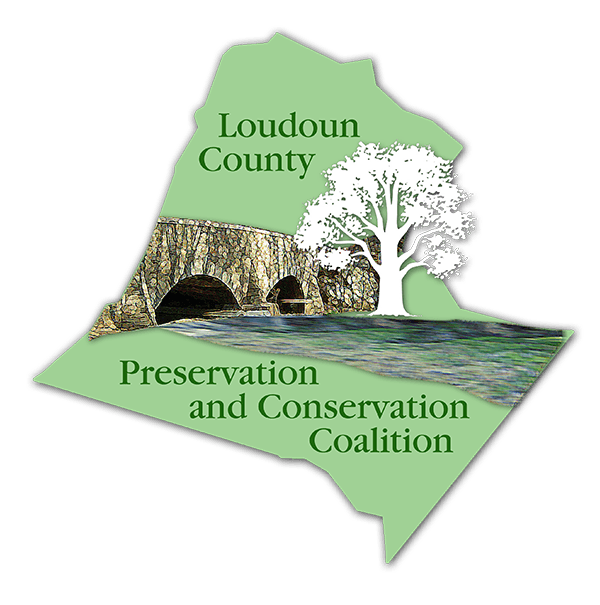County Fiscal Vision
The goal of the Budget and Finance work group is to facilitate and support the County in reducing near-term fiscal risks and transitioning over the longer-term to a sustainable fiscal path.
Building a Vision for Fiscal Transition in Loudoun County. Looking back over the past two decades and trying to read the fiscal tea leaves for the coming four years and beyond leads to three compelling conclusions:
- The County is ensnared in a “hooked on growth” cycle driven by aggressive housing policies and leading to strong demographic and budgetary pressures; a heavy reliance on new development to generate tax revenues and an appealing lower property tax rate policy; which, in turn, imposes a ‘growth impact tax’ on residents’ quality of life.
- This cycle is exposing the County and its residents to near-term risks of potential service disruptions, abrupt tax hikes and spikes in new debt with the next recession or sooner.
- This fiscal path is unsustainable in the longer-run, as new residential housing development remains apace, the data center boom levels off by the mid-2020s, and neither residential nor broader business sectors are positioned to adequately respond.
Today, there is effectively no medium-term strategy and few guideposts to navigate this future.
Please find below for review and consideration material prepared by the project group that addresses these conclusions and seeks to facilitate policy change.
Envisioning Our Fiscal Future: Analysis and Recommendations
Loudoun’s Fiscal Challenge: An Action Agenda
FY2023 Budget Development Cycle – Four Recommendations
FY2023 Budget – Key Conclusions and Recommendations, Trends and Analysis
Reducing Single Industry Dependence – Summary & Recommendations – June 26, 2022
Reducing Single Industry Dependence – Main Report – June 26, 2022
A Review ofthe Loudoun County Approved FY2024 Budget

